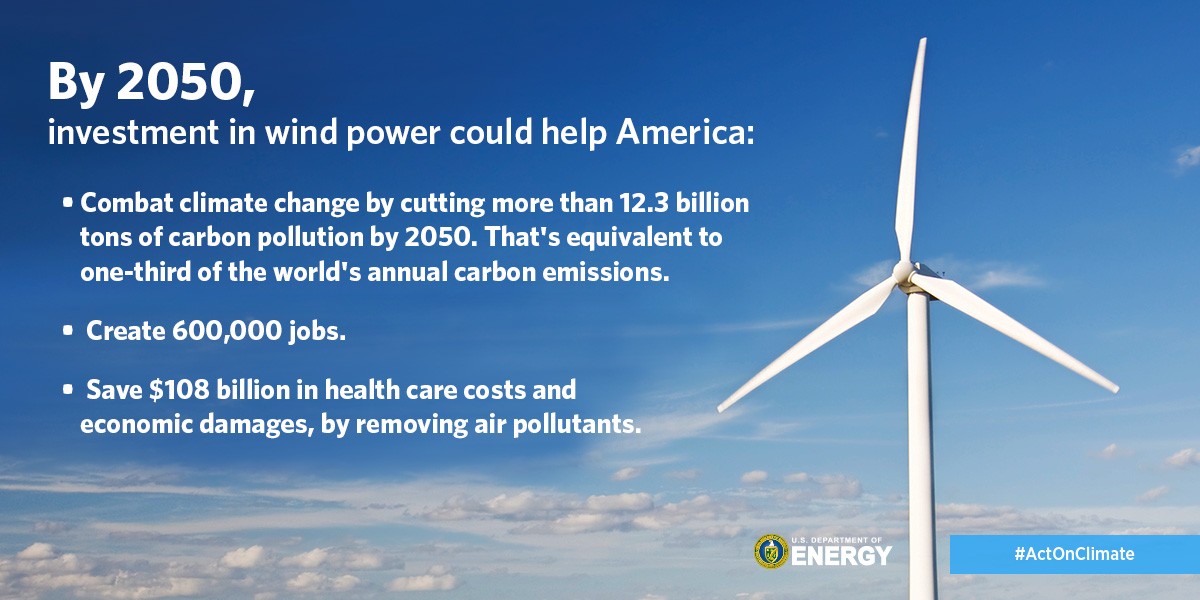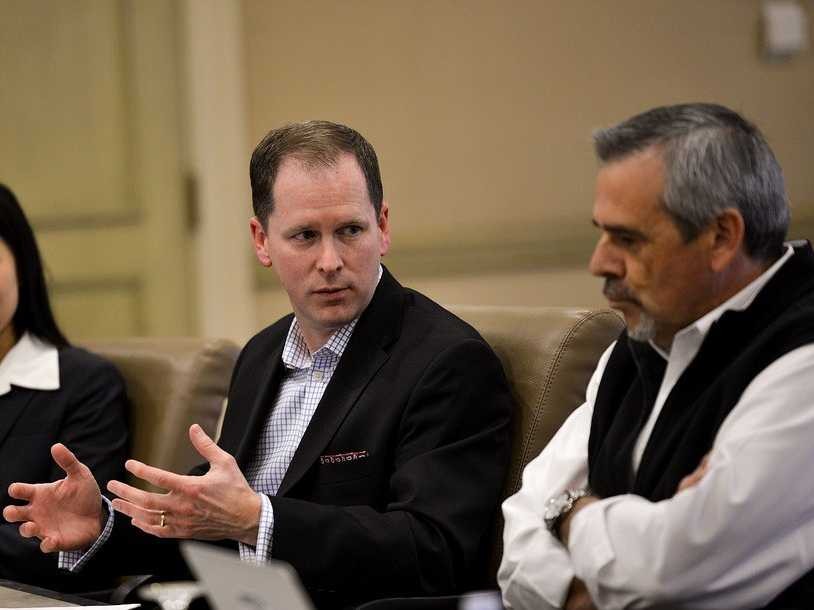Could McDonald s wind up on an activist investor s menu Consumer News Crain s Chicago Business
Post on: 23 Апрель, 2015 No Comment

Bloomberg photo As McDonald’s loses customers to rivals such as Wendy’s and Chipotle Mexican Grill, it’s beginning to look vulnerable to pressure from activist investors.
articlePara — html?
(Bloomberg) McDonald’s Corp. may be an activist investor’s next super-sized target.
As the world’s largest restaurant chain loses customers to rivals such as Wendy’s Co. and Chipotle Mexican Grill Inc. it’s beginning to look vulnerable. McDonald’s valuation relative to earnings is now lower than any of its American peers, according to data compiled by Bloomberg. That, coupled with the burger chain’s cash and low debt, are key ingredients for an activist campaign that could force more share buybacks or changes in strategy.
The days of McDonald’s $90 billion market value being a shield against activist investors are over. Heavyweights like Carl Icahn and Nelson Peltz have been going after some of the largest U.S. companies. Peltz is looking to split apart PepsiCo Inc. while Icahn continues to put pressure on the biggest of them all: Apple Inc. He wants the $617 billion iPhone maker to be more productive with its cash. Should McDonald’s continue to stumble and its shareholder base become more frustrated, the likelihood of activist involvement will increase, said Morningstar Inc.
There’s been a lot of speculation within the analyst community and investor community about whether McDonald’s would be an activist target, Will Slabaugh, a Little Rock, Arkansas- based analyst at Stephens Inc. said in a phone interview. People are kind of giving management another shot to turn this around before coming after them. The recent earnings results definitely leave them more vulnerable now.
MORE AGGRESSIVE
Slabaugh said he’d like McDonald’s to get a little bit more aggressive with its balance sheet. It has room to take on more debt to repurchase stock, according to Mark Kalinowski, a New York-based analyst at Janney Montgomery Scott LLC. An activist could also suggest the company convert more of its stores into franchised locations, where the franchisee pays for rising beef and labor costs, he said.
McDonald’s has returned $4.6 billion to shareholders so far this year through September as part of its goal to return as much as $20 billion by 2016, which is a testament to our ongoing commitment to build long-term shareholder value, Becca Hary, a spokeswoman for the Oak Brook, Illinois-based company, said in an e-mailed statement yesterday. The company is focused on building the business and aggressively executing our plans to regain momentum and deliver a more relevant experience to our customers.
McDonald’s profit fell 30 percent in the three months ended Sept. 30. U.S. same-store sales slumped for a fourth straight quarter and the decline was worse than analysts were expecting. The stock has fallen 5.2 percent this year, as the Bloomberg Intelligence index of North American quick-service restaurants climbed 19 percent.
If McDonald’s shares end the year at a loss, it will be only the second time in the past decade and the sixth annual decrease since 1980, according to data compiled by Bloomberg.
Today, the shares climbed 0.1 percent to $92.13 at 10:11 a.m. New York time.
Even though its scale still dwarfs every rival, competition is intensifying. Burger King Worldwide Inc. and Wendy’s, each backed by a large investment firm, are offering deals and introducing new items. McDonald’s price-earnings ratio yesterday of 17 compares with the 40 times earnings Burger King’s stock fetches and 36 for Wendy’s, according to data compiled by Bloomberg.
Burger King is controlled by 3G Capital, known for slashing costs and boosting profits. The $11 billion fast-food company is in the process of buying Canada’s Tim Hortons Inc. and moving its headquarters outside the U.S. in a tax-inversion deal.
The heads of Trian Fund Management LP, an activist investor, are at the helm of Wendy’s board. Peltz is chairman of the $2.9 billion eatery and Peter May is vice chairman.
CHIPOTLE RISING
Diners are also increasingly opting for fast-casual restaurants such as Chipotle. The burrito maker spun off from McDonald’s in 2006 will be America’s fastest-growing restaurant chain larger than $1 billion over the next three years, with a 72 percent boost to revenue, according to analysts’ estimates compiled by Bloomberg. McDonald’s sales may climb 2 percent over that span, the data show.
Some of McDonald’s issues have been self-inflicted, and it’s also coming at a time when the environment’s gotten more competitive, RJ Hottovy, a Chicago-based analyst at Morningstar, said in a phone interview. You’ve got kind of a resurgent Burger King and Wendy’s. And then you’ve got fast- casual continuing to do very well.
BUYBACK SCOPE
Earlier this year, McDonald’s set a target of returning as much as $20 billion in cash to investors through dividends and buybacks by 2016. The figure didn’t get anyone overly excited, Peter Saleh, an analyst at Telsey Advisory Group, said at the time. The stock fell 1 percent that day.
There are some scenarios where they could take on additional debt, buy back some stock and have it be accretive to earnings per share by a decent amount, Kalinowski of Janney said in a phone interview. Overall, the benefits would outweigh some of the negatives of taking that approach.
McDonald’s ratio of debt to earnings before interest, taxes, depreciation and amortization is 1.5, lower than most of its peers. Members of the Standard & Poor’s 500 Index, the benchmark of American equity, have a median leverage ratio of 2, data compiled by Bloomberg show.

GROWTH LAYERS
An activist with expertise in the restaurant industry could even help improve operations or push for a transaction that unlocks the value of McDonald’s real estate, Morningstar’s Hottovy said. It’s also conceivable that at some point McDonald’s could be pressured to diversify through acquisitions that help boost the company’s growth, he said.
It’s a possibility and something that an activist could push for, Hottovy said. Diversifying the portfolio is kind of the opposite of what it did in the early 2000s, but that potentially could help to add new layers of growth to the story.
McDonald’s narrowed its focus to its burger chain years ago, by spinning off Chipotle and selling Boston Market and its stake in U.K. sandwich company Pret A Manger.
Some shareholders are giving McDonald’s leaders the benefit of the doubt. The business is still stable and has tremendous financial flexibility, said Francis Alexander, manager of the Jacob Wisdom Fund, which owns McDonald’s.
I can understand the frustration, and I’m a bit frustrated, too, Alexander said in a phone interview. Having said that, they are actively addressing the issues and I’m confident in management and in the fact that they are shareholder-friendly. Given where the price of the stock is and its dividend yield and the stability of the company, I’m certainly not selling right now.
McDonald’s dividend yield was almost 4 percent yesterday, versus 2 percent for the S&P 500.
RESTAURANT ACTIVISM
Activism has already cropped up in the restaurant industry this year. Starboard Value LP waged a proxy fight with Olive Garden owner Darden Restaurants Inc. over the direction of the $6.8 billion company. The activist investor this month persuaded investors to replace Darden’s entire board, and its chief executive officer subsequently stepped down.
In the case of McDonald’s, its large market value may be a hurdle, said Janney’s Kalinowski. Even a 2 percent stake would cost nearly $2 billion.
Still, activist investors have been getting ambitious. As they amass more cash, many have pivoted toward buying smaller stakes in larger targets, instead of the more traditional 5 percent-plus stakes in smaller companies. In addition to Icahn’s Apple campaign, recent examples include ValueAct Capital Management LP’s less than 1 percent stake in Microsoft Corp. Elliott Management Corp.’s $1 billion piece of EMC Corp. and Jana Partners LLC’s shares in Apache Corp.
Certainly McDonald’s is stumbling in terms of its sales trends, Kalinowski said. Maybe if you had an activist with some insights on how to fix the core business, that wouldn’t be such a bad thing.














